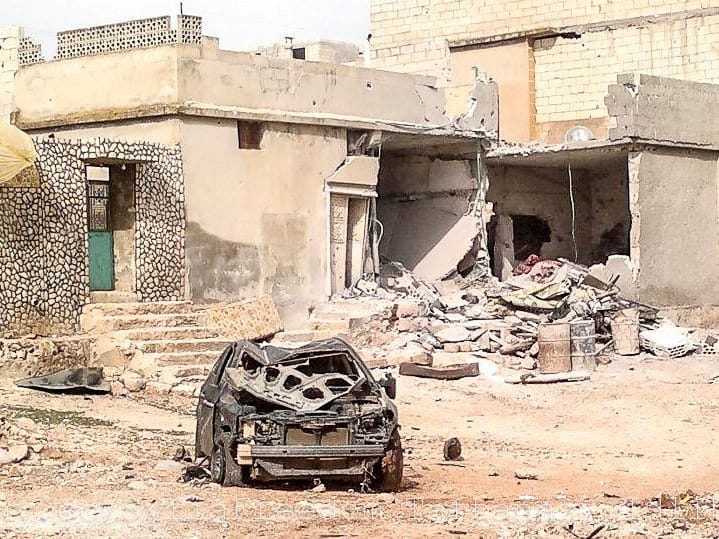GENEVA (AN) — Despite agreeing to create a buffer zone in Syria's Idlib region, Russia and Turkey will allow air raids and ground offensives to continue in areas heavily populated with trapped civilians, the head of a U.N.-led humanitarian task force said.
Jen Egeland, the U.N.'s humanitarian aid adviser for Syria, said the two nations plan to permit fighting to continue in the name of a "war on terror" against fighters that have been living near civilians in Idlib region.








